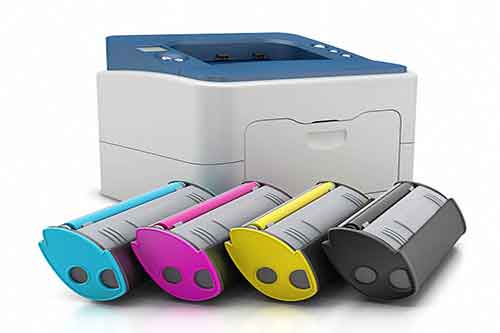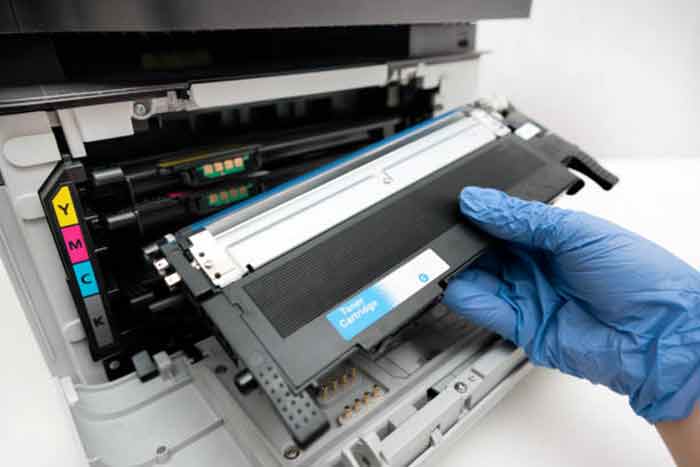If you’ve ever stepped into an office supply store or gone online to purchase toner cartridges, you may have been surprised by their steep price tag. Why are toner cartridges so expensive? This common question has a number of factors that contribute to the cost. In this article, we will explore why toner cartridges can be so pricey and answer some frequently asked questions about the costs involved.
Why Are Toner Cartridges So Expensive?

Toner cartridges are an essential item for all kinds of printers, including laser and inkjet types. Printer manufacturers offer both original equipment manufacturer (OEM) toner cartridges or aftermarket versions for consumers to choose from. The cost of a toner cartridge is determined by a number of factors, including the cost of production, the size and type of printer, whether it’s OEM or aftermarket and more. Browse this site to find out an article source on cartridgesave.
Manufacturing Costs
The cost of producing a toner cartridge can be quite substantial. This includes not only the costs associated with manufacturing but also the costs associated with research and development, quality assurance testing and packaging materials. Additionally, there may be additional fees associated with licensing fees if the printer manufacturer has patented certain components used in their cartridges. All these costs are passed on to consumers when they purchase a new toner cartridge.
Printer Size and Type
The size and type of printer you own can also have an impact on how expensive your toner cartridge is. Smaller desktop printers often use less expensive cartridges compared to larger commercial-grade printers since commercial-grade printers typically require more ink or toner for each printing job than desktop models do. Additionally, different types of printers use different types of cartridges; for instance, laser printers generally require more costly laser-type toner cartridges as opposed to inkjet printers which usually use cheaper ink-type cartridges.
Original vs Aftermarket Cartridges
Original equipment manufacturer (OEM) toner cartridges are designed specifically for your brand name printer model such as HP or Epson while aftermarket cartridges are generic versions available from other companies that are compatible with many different brands of printers but may not always have the same level of quality control as those branded OEM products do. Generally speaking, OEM toners tend to be more expensive than their aftermarket counterparts due to higher quality standards placed on them during production which result in a higher price tag when sold at retail outlets or online stores.
How much does a typical replacement cartage cost?
The cost of replacement cartages depend on several factors such as printer type and size, whether it’s original equipment manufacturer (OEM) product or aftermarket version and other related costs like research & development, quality assurance etc., A replacement cartage can range from $30 $200 depending on these factors mentioned above along with additional features like capacity etc.,
Are there any tips for saving money when purchasing replacement cartages?
Yes! Many popular retailers offer discounts or specials periodically
throughout the year where consumers can save money on purchases like replacement cartage boxes so keep your eyes peeled! Additionally items like compatible prints which work with many brands but don’t carry the full warranty offered by OEM products can be great options too if you’re looking to save money while still getting good performance out of your printer.
Conclusion
In conclusion, there are many reasons why toner cartridges can be so expensive including manufacturing costs, printer size & type differences between original vs aftermarket products along with added charges like research & development fees etc., It’s important to understand these factors before making any purchases in order to get the best bang for your buck. Thankfully there are plenty ways you can save money when buying replacements like looking out for discounts & specials plus considering compatible prints instead which still offer good performance while being cheaper than OEM options.











 How to Prepare for Your Air Duct Cleaning Service
How to Prepare for Your Air Duct Cleaning Service